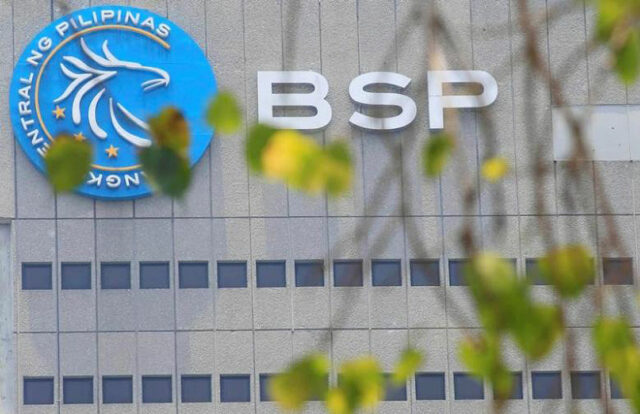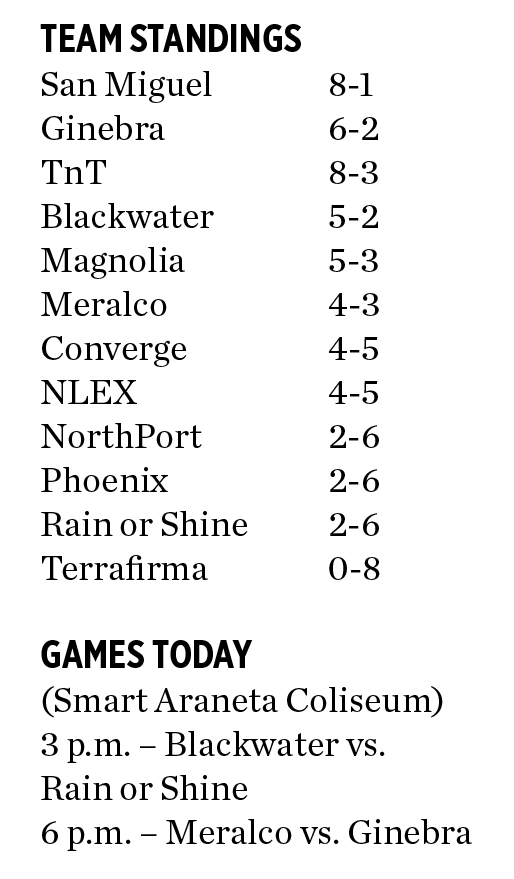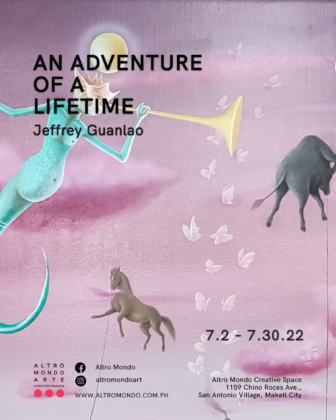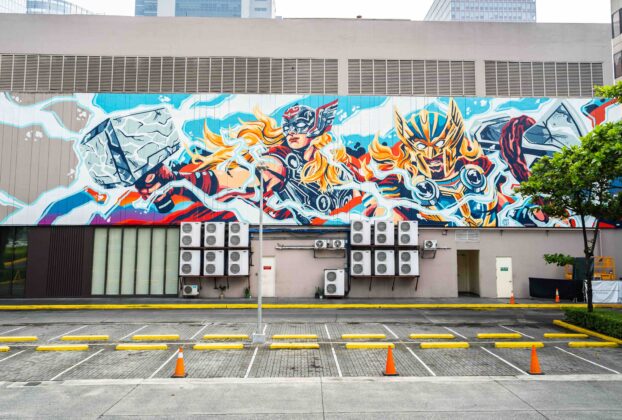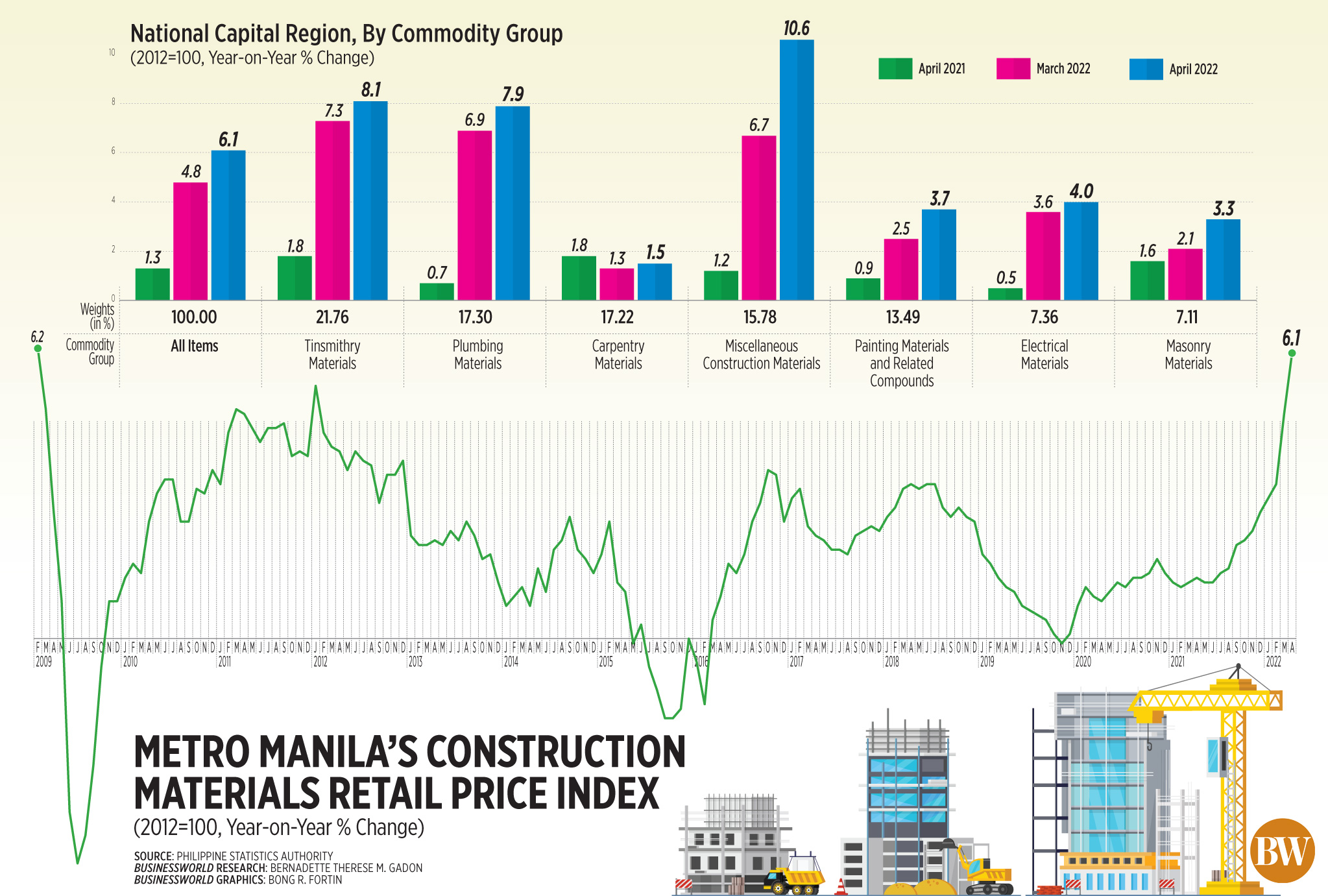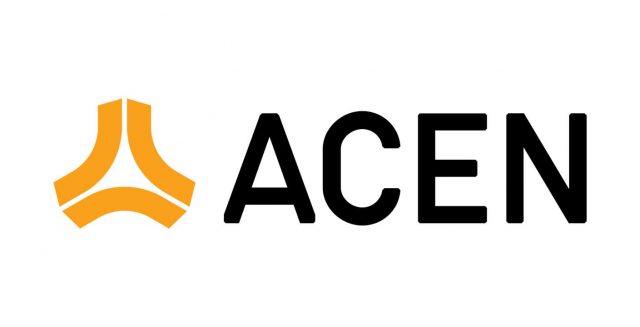The research and development of a new medicine or vaccine is a long and complex process which could last from 10 to 15 years. A crucial part of this discovery and development process is called a clinical trial, the various phases of which entail rigorous studies designed to determine safety and efficacy.
In fact, all the coronavirus disease 2019 (COVID-19) vaccines and treatments being used to protect adults and children from the potentially fatal virus went through the extensive clinical trial process. All other lifesaving medicines and vaccines for other diseases have also been part of clinical trials.
Clinical trials are carefully designed studies that establish the benefits and risks of a medical treatment or intervention, according to the Pharmaceutical Research Manufacturers of America (PhRMA).
Following a rigorous screening and preclinical testing process, a pharmaceutical company that wants to bring a drug to market will file an Investigational New Drug (IND) application with regulators, which enables the IND to be tested in human volunteers in clinical trials. In every clinical trial, respecting and protecting the safety of volunteers is of the highest importance.
Under the UK National Institutes for Health (NIH), a Phase I trial tests an investigational drug on a small group of often healthy people to determine its safety and side effects as well as find the correct drug dosage. A Phase II clinical trial, on the other hand, involves up to 300 participants. The emphasis at this stage is to establish the efficacy of the investigational drug on people who have a certain disease or condition. A Phase III clinical trial, meanwhile, gathers about 3,000 people to study different populations and different dosages. Under Phase III, investigational medicines are studied in combination with other drugs.
In recent years, there is also a strong commitment to enhance representation of diverse participants in clinical trials to determine the safety and efficacy of the investigational drug in people coming from different backgrounds.
A journal published by the NIH highlighted the health and scientific benefits of clinical trials, foremost among them allowing participating patients to play an active role in their own healthcare. Participants also have access to innovative research treatments before they are widely available. Moreover, clinical trials increase the options for treatment when standard therapy has failed.
The journal added that clinical trials likewise help patients obtain expert medical care at leading healthcare facilities during the trial. In the bigger picture, they help others by contributing to the advancement of medical knowledge that will benefit more patients.
During his recent visit in Manila, Roche Pharmaceuticals Global Chief Executive Officer (CEO), William “Bill” Anderson noted that the company allotted $16.1 billion for research and development in 2021.
“Clinical trials aren’t just of scientific importance; they are also a means to broaden patient access to innovative, life-saving treatments,” he said.
Beyond the health benefits, clinical trials translate to investments that have positive economic impact on the country. These economic benefits include direct investments made by biopharmaceutical companies to identify and operate clinical trial sites; hire staff and contractors; recruit, retain and treat participants; and conduct clinical trial protocols and activities, including monitoring research sites.
The Philippines, in an earlier study, ranked third when it comes to clinical trials following Singapore and Thailand. For his part, Mr. Anderson said that Roche has a strong clinical trial footprint in the Philippines.
Roche Philippines General Manager Dr. Diana Edralin said that the company has conducted at least 20 clinical trials in the Philippines, many of them on cancer. She added that the company has also supported clinical studies related to severe COVID-19.
At the moment, there are three Roche global clinical trials that the country is participating in. As part of efforts to enhance clinical trials in the country, Dr. Edralin said that they are supporting Good Clinical Practice (GCP) guidelines training and accreditation for local institutions.
Mr. Anderson, meanwhile, expressed the Swiss company’s ambition to double the medical advances they bring to patients at half the cost to society. He noted that in low- and middle-income countries (LMICs) where half the world’s population live, the medical advances available in many countries are still beyond the reach of the people.
He lauded legislators and the Philippine government for enacting the Universal Healthcare Act, National Integrated Cancer Control Act and Rare Diseases Act. As in other countries, he stressed that healthcare access and affordability gaps remain. “None of us alone can fix this. We each have great intentions, but we need to work together to address the root causes.”
Teodoro B. Padilla is the executive director of Pharmaceutical and Healthcare Association of the Philippines (PHAP), which represents the biopharmaceutical medicines and vaccines industry in the country. Its members are at the forefront of research and development efforts for COVID-19 and other diseases that affect Filipinos.



